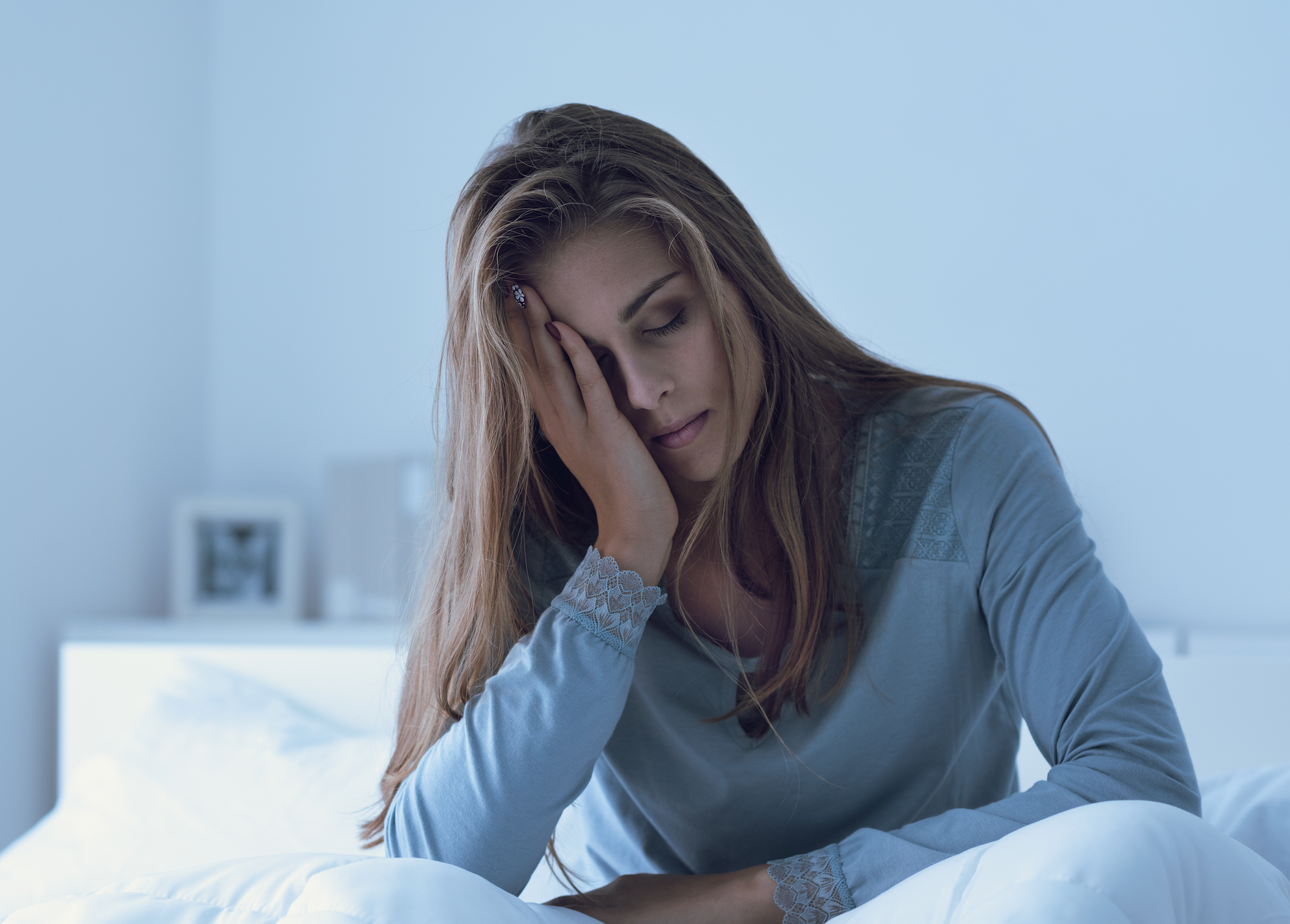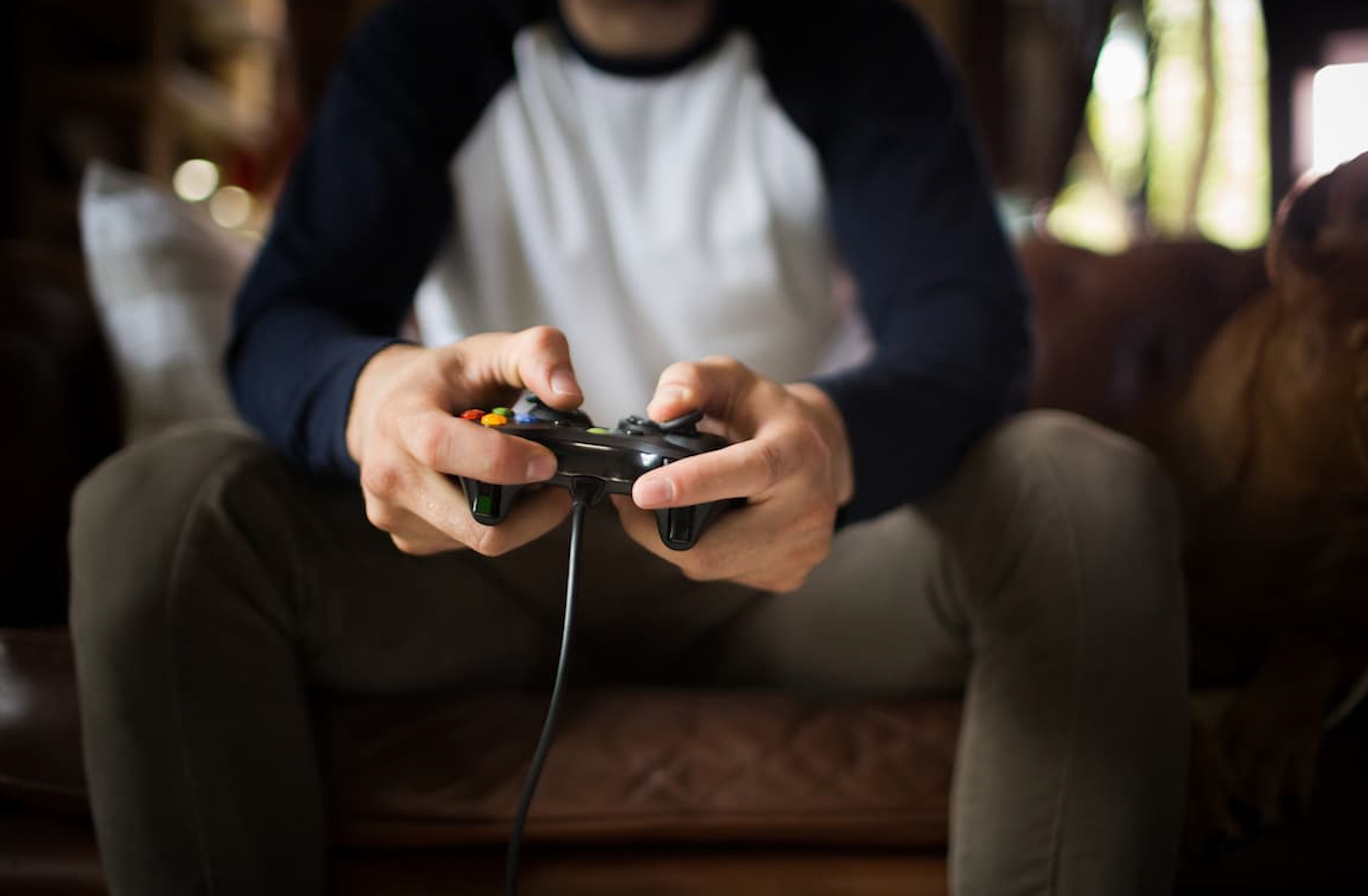
How Firefighters Can Spot Hidden Sleep Disorders, With Nicole Bowles, Ph.D.
Sleep expert Nicole Bowles, Ph.D., says firefighters should prioritize rest off-shift — and get checked for sleep disorders if fatigue persists.
By
Lana Pine| Published on June 18, 2025
2 min read
At the SLEEP 2025 conference, Nicole Bowles, Ph.D., a sleep researcher and assistant professor at Oregon Health & Science University, shared important advice for firefighters who are struggling with sleep issues. Given the demanding and unpredictable nature of their work, many firefighters face chronic sleep disruption, which can take a serious toll on their health, performance and safety.
Bowles emphasized that prioritizing sleep during off-duty hours is critical. Many firefighters sleep only four to six hours while on shift — a level far below what is recommended for optimal health and function. The problem is, even when they’re home, many are only getting around seven hours of sleep, which isn’t enough to make up for the short sleep they get at work.
To recover and stay healthy, firefighters should aim for eight or more hours of sleep when they are off duty. This is especially important because chronic sleep deprivation increases the risk of high blood pressure, heart disease, depression, and even workplace injuries.
However, if a firefighter is getting a full seven to eight hours of sleep regularly and is still feeling excessively tired during the day, Bowles recommends seeking professional help. Persistent fatigue, even with enough sleep, could be a sign of an underlying sleep disorder — such as obstructive sleep apnea, which is common among shift workers and first responders.
The Key Takeaways:
- Make sleep a priority when you’re off shift.
- Don’t ignore excessive daytime sleepiness.
- Talk to a sleep specialist if you’re still tired after getting enough sleep —there may be a treatable condition involved.
This advice is part of a growing effort to support the health and safety of first responders by recognizing and addressing the unique sleep challenges they face.

